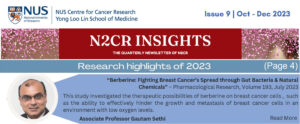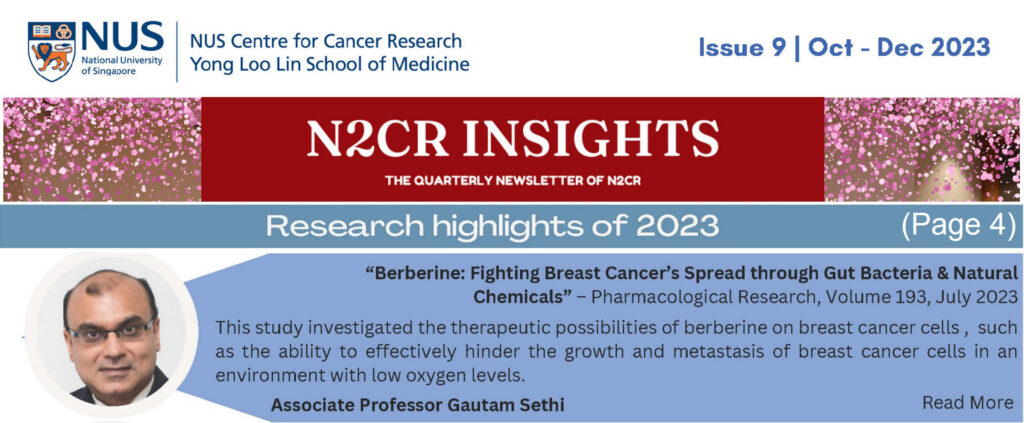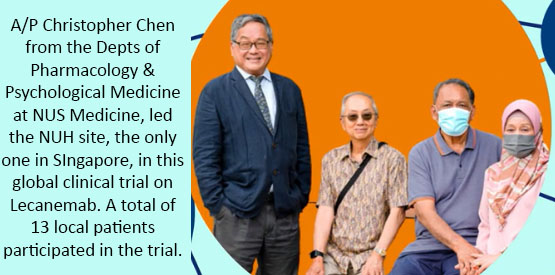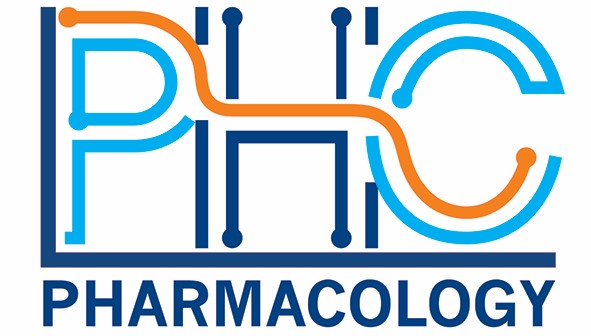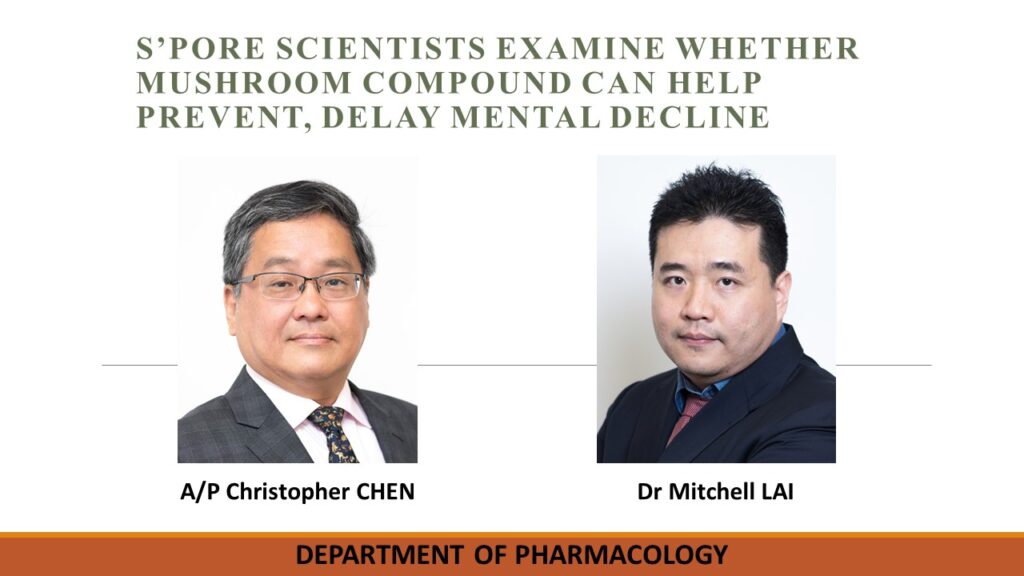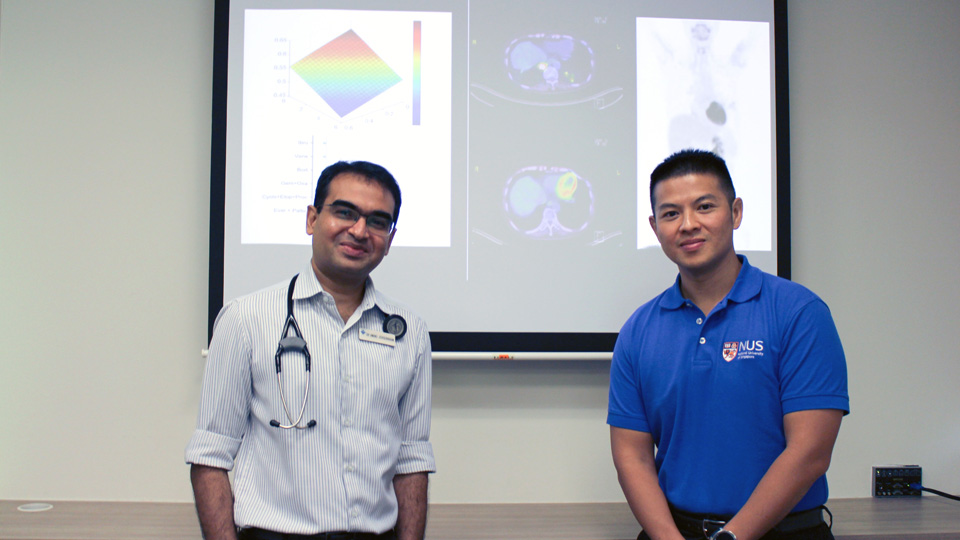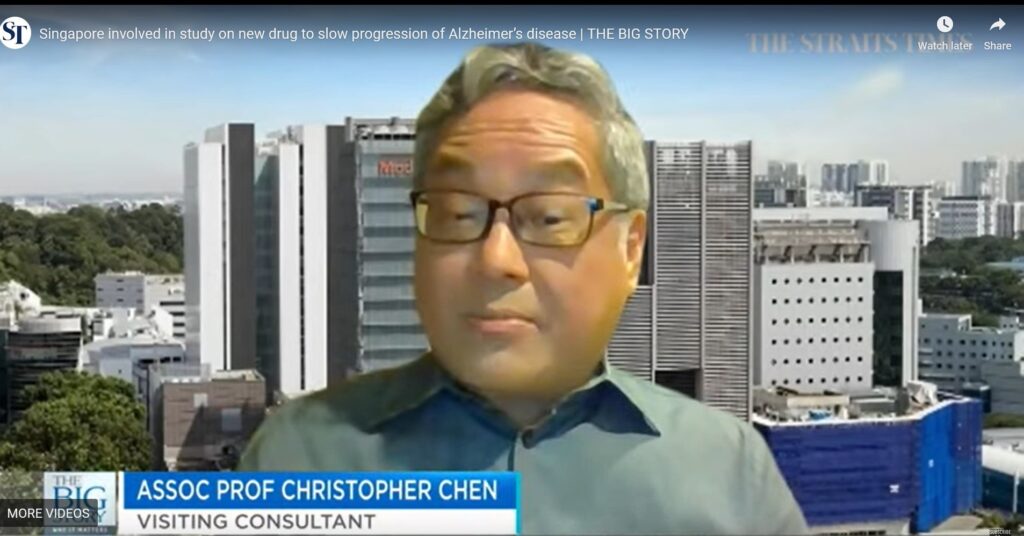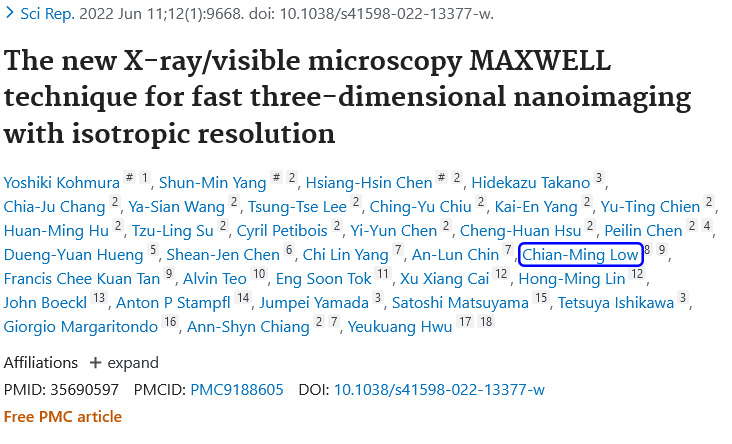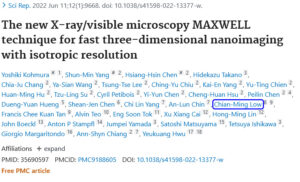The National University of Singapore (NUS) continues to make its mark in higher education, securing leading positions in the latest QS World University Rankings by subject. NUS Medicine has been ranked #20 in the world and #1 in Asia, while NUS Pharmacy & Pharmacology is tied for #10 in the world and also holds the #1 spot in Asia
The rankings highlight NUS’s commitment to providing world-class education and research in the fields of medicine and pharmacology. With a strong focus on innovation and interdisciplinary collaboration, NUS has been recognized for its outstanding performance in both fields. The rankings emphasize the growing influence of the NUS Medicine Department of Pharmacology on the global stage.
These achievements reflect the dedication of the NUS Medicine Department of Pharmacology’s faculty, staff, students, and researchers in pushing the boundaries of knowledge, education, and innovation. As a leading Department of Pharmacology in Asia, the NUS Medicine Department of Pharmacology remains committed to nurturing talent and contributing to the betterment of the region and the world.
For more information on the rankings, visit the Top Universities website and read the full article from The Straits Times (More Details) and see the QS World University Rankings for Pharmacy & Pharmacology 2023 (QS Rankings) via the links below.
